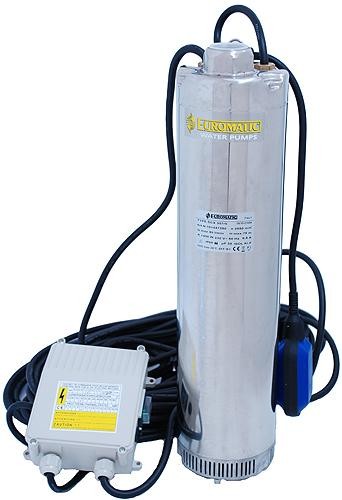
One way to become an entreprenour is to buy an existing business instead of starting up a new one. It is a very advantageous option because along with the business you also become the owner of the physical assets, the brand, the know-how and the human resources.
Besides the important step of looking for real estate properties for sale, the next big question before buying a business is how much it costs. For merchandise, the price can be easily determined by applying well known methods like cost and profit, market research or aligning with the competition.
When we are talking about business aquisition, things start to complicate because of two big reasons. First of all, every business is unique by its nature. It’s very hard to find two similar businesses that were sold in the same time to compare the prices.
[adsenseyu1]
Second of all, the value of many businesses is determined also by the intangible elements such as the brand, the know-how, the employees’ level of expertise, the connections with the public authorities or with the business environment in general.
There are many methods of evaluation but those are not exact science. That’s why you need to keep in mind some things if you want to estimate the value of a business.
1) The potential of making profit in the future
One of the most popular method of evaluating a business is to determine its potential to return revenue for the next period of time. You start with the revenue earned in the past and apply a growth rate to it depending on the business sector in which the company is active and on the economical trends and environment. That’s why you need to have solid information regarding the industry, the economical status-quo and the financial results that the business had in the past.
2) The level of interdependence between the assets
The assets of a business can have a significant weight in the final price of sale, especially for businesses focused on production or logistics that possess important fixed assets. It’s important to check if the value of the assets were evaluated separately or as a whole. The difference between these two measures can be significant. For example, a complete production line worths more than its summed up individual components sold separately.
[adsenseyu1]
3) The entity that asks for an evaluation
The evaluation expert should be impartial, but most of the times this doesn’t happen because he takes into consideration the expectations of the entity that asks for the evaluation. If the expert makes the evaluation for the seller, the price that he will estimate will be a little bit higher. But if the buyer pays for the evaluation report, the expert will propose a lower price.
It’s strongly recommended to take into consideration these facts when you want to aquire a business, so you can estimate its real value. This way the odds of making a good decision regarding your investments will grow.








